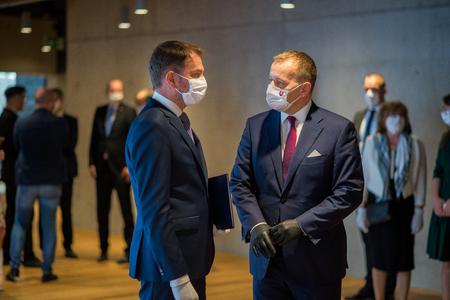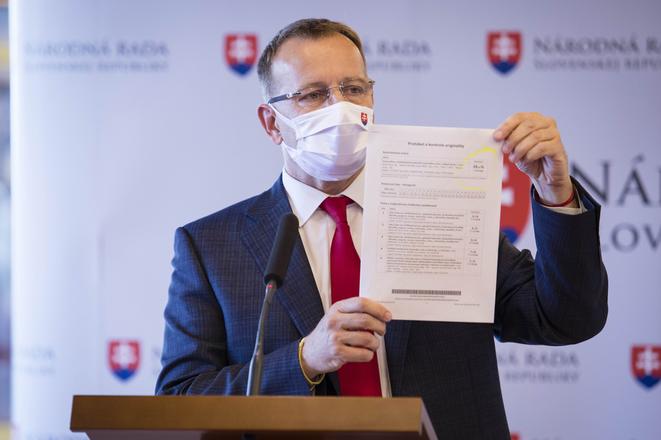When two years ago ex-speaker of parliament Andrej Danko faced accusations of his doctoral dissertation having been plagiarised, he said that it had been technically okay in 1999.
“Plagiarism is a fraud and the fact that it cannot be done has been holding true since the Middle Ages,” said Dušan Katuščák, an author of books on writing theses.
Boris Kollár is now using similar arguments atoDanko, claiming that his thesis was approved by the supervisor, the opponent and the examination board.

What is plagiarism, what is cut-and-paste work, what are the deficiencies of anti-plagiarism systems and who has final say in deciding on whether a thesis had been stolen?
The Sme daily prepared answers to some frequently asked questions, implying that Kollár’s claim that stealing from other authors “is no tragedy” is wrong.
Is Kollár right when saying the 24-percent similarity with other works is alright?
Why the similarity rate in Kollár’s case lacks informative value?
If other students are trying to make their work easier, why not Kollár?
Q: Is Kollár right when saying the 24-percent similarity with other works is alright?


 Boris Kollár showing the originality protocol. (source: SITA)
Boris Kollár showing the originality protocol. (source: SITA)